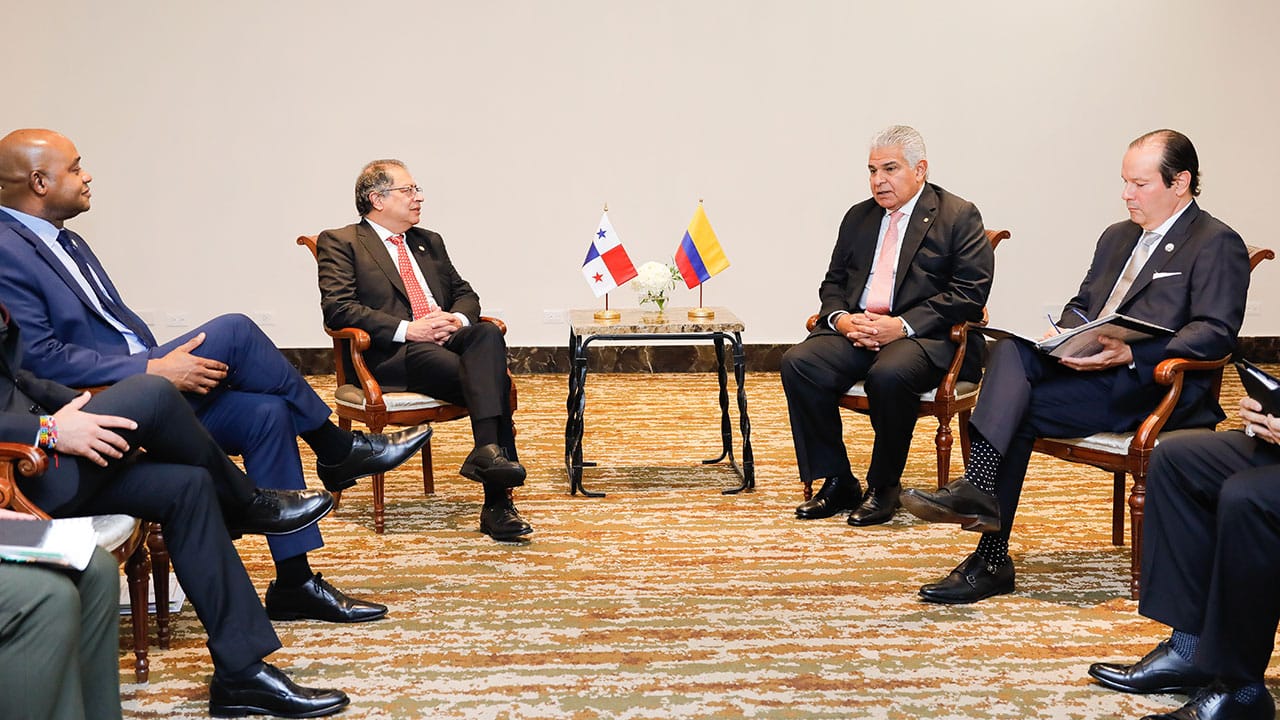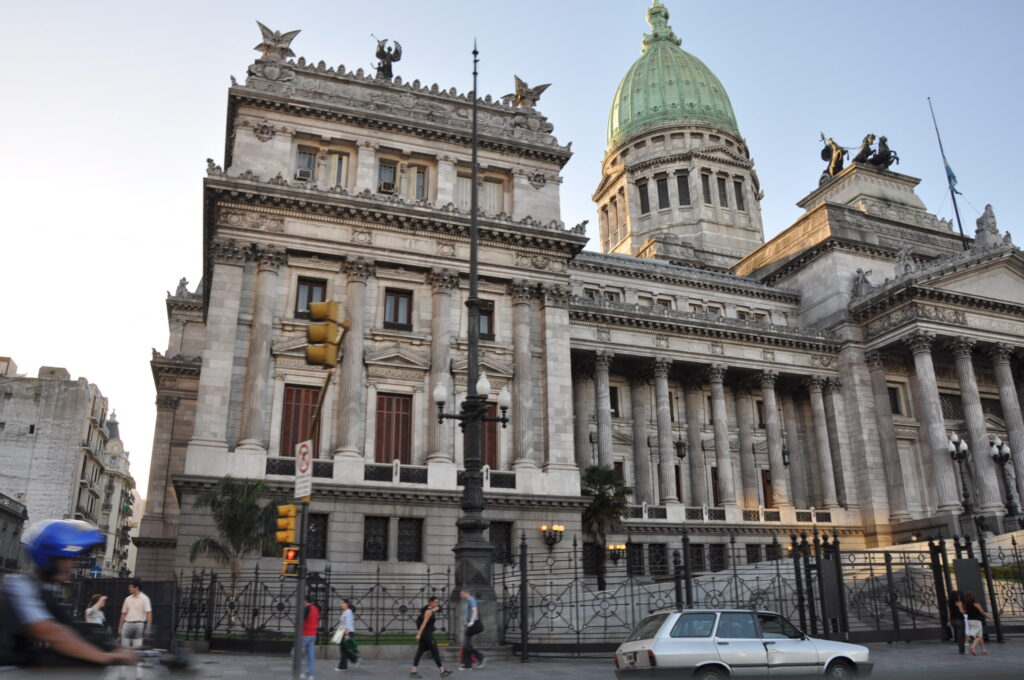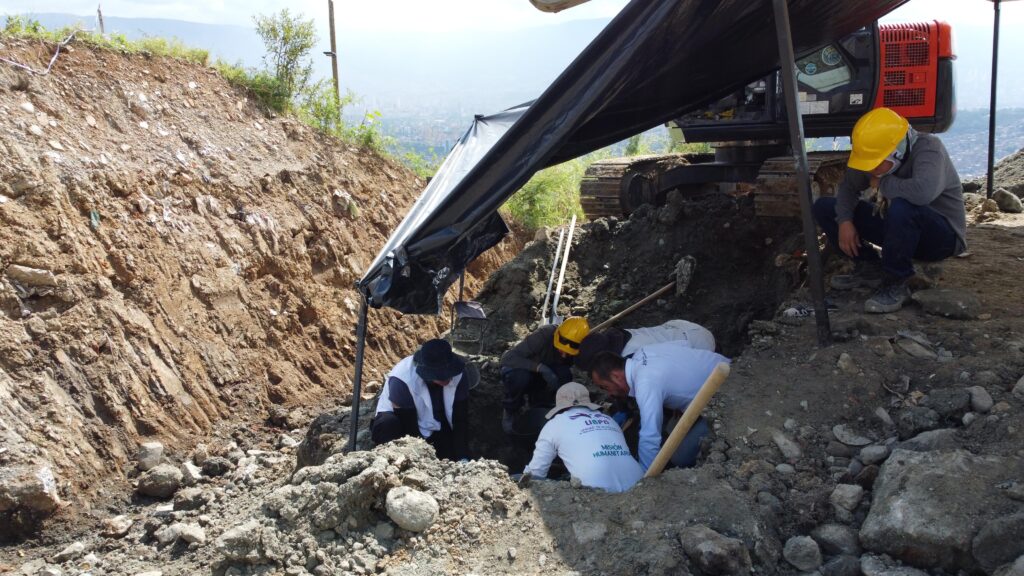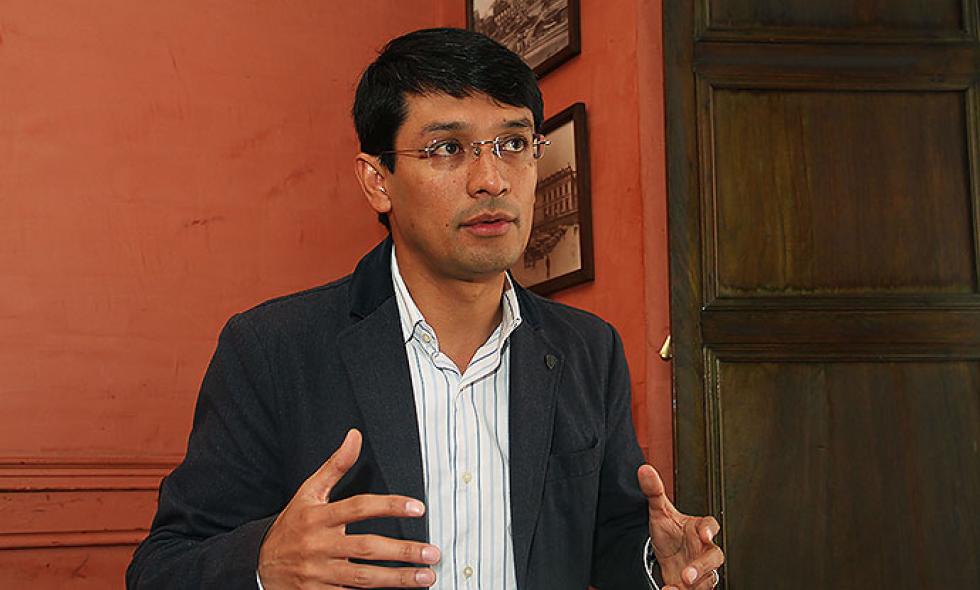Medellín, Colombia — The governments of the United States and Panama signed an agreement on July 1 which authorizes American officials to aid the Panamanian government in deporting migrants who cross through the Darién Gap on Panama’s southern border with Colombia.
The agreement came after Panamanian President José Raúl Mulino was sworn into office the same day. In his inauguration speech, as published by newspaper Noticias de Panama, Mulino stressed that he would “appeal to international solidarity,” in order to solve the Darién issue, which “international criminals use as their operative base.”
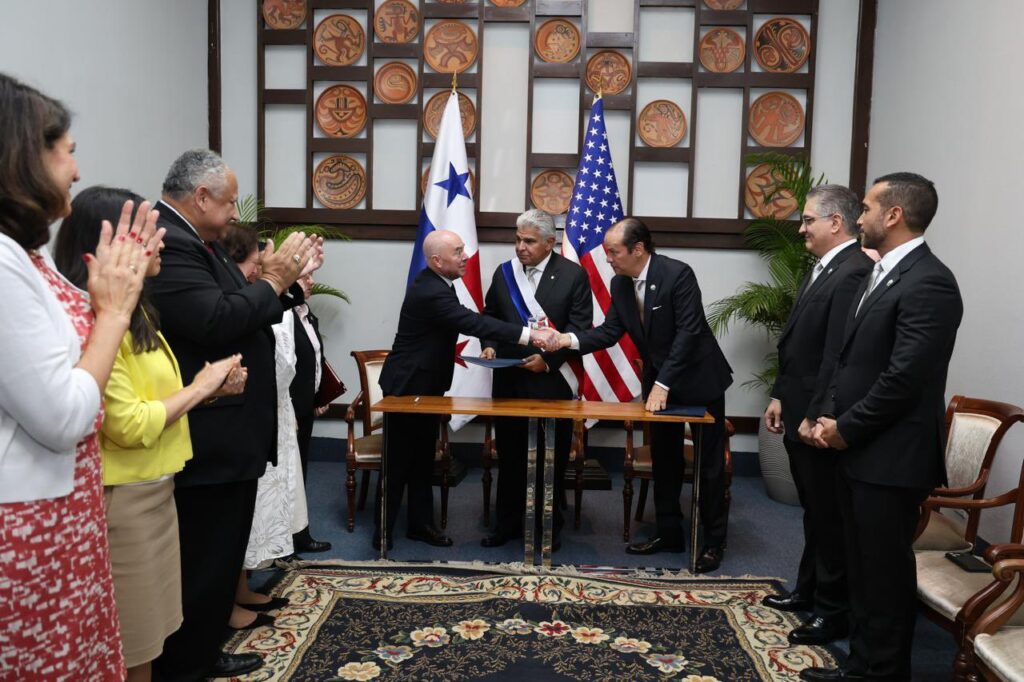
“I will not allow Panama to be used as an open path for thousands of people who come to our country illegally, supported by international organizations related to drug dealing and human trafficking,” he added.
According to the United States Department of Homeland Security, this entity will be in charge of funding the assistance program to address irregular migration in the Darién region, including support for repatriation operations that include protection screenings.
“With President Mulino presiding, Panamanian Foreign Minister Arche and I signed an Agreement to help fund removal flights and deter irregular migration in the ruthless hands of smugglers. Battling the smugglers is both a security and a humanitarian mission,” stated Secretary Alejandro Mayorkas from Homeland Security via X.
The Colombian Darién
The day before the agreement was announced, Colombian President Gustavo Petro attended a bilateral meeting with President Mulino, resulting in the development of a plan to respond to the migration crisis in the shared border region, according to the Colombian Ministry of Foreign Affairs.
“A tripartite meeting will be convened between Colombia, Panama and the United States in order to implement measures that protect the humanitarian and migrant- transiting situations in the Darién zone,” stated Colombia’s Foreign Affairs Minister Luis Gilberto Murillo.
On July 4, Petro announced that he will look to promote a referendum among the black and Indigenous inhabitants of the Colombian Darién zone to decide whether or not to build an elevated “transoceanic” train that protects the ecosystems on the ground, as reported by the Colombian radio station La FM.
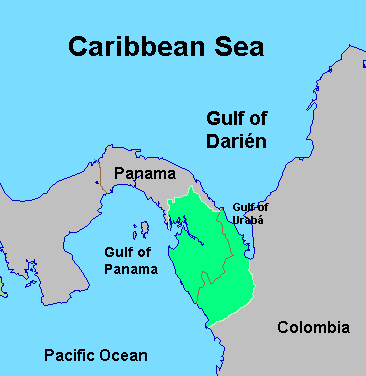
The Colombian Darién region, located in the country’s north-western border with Panama, has over 5,000 kilometers (3,107 miles) of dense fauna that thousands of immigrants cross en route to the United States, according to National Geographic.
One of the dangers that immigrants face when crossing the Darién is the control that the Clan del Golfo neo-paramilitary group (also known as the Gaitanist Self-Defense Forces of Colombia) has on the Colombian side of the border, as per El País.
In fact, Human Rights Watch denounced that both Colombia and Panama “are failing to effectively protect and assist hundreds of thousands of migrants and asylum seekers in the Darién Gap, and to investigate abuses there,” in an April 2024 report.
However, immigration through the Darién Gap is increasing. The number of immigrants has gone from 130,000 in 2021 to 250,000 in 2022. In 2023, according to DW News, a record number of 520,000 people, including children, crossed the Darién.
Regardless, in March 2024, the Panamanian government suspended the work of Doctors without Borders in the region, according to Human Rights Watch, and ordered the closure of the region using barbed wire, as reported by Bloomberg Línea.
Implications
Mulino’s proposal to “close the Darién,” and employ US assistance in the deportation of illegal immigrants has been deemed “impossible,” by Irene Cabrera, co-director of the Migrant Observatory of the Colombian University of Externado, according to international broadcaster Voz de América.
Similarly, Diego Chavez-González, senior manager of the Migration Policy Institute for Latin America and the Caribbean, highlighted that “for every section that is closed, three additional silent ones can appear,” in conversation with the broadcaster.

In turn, the experts highlighted that the measures may lead to the strengthening of criminal organizations through human trafficking and a rise in the illegal expenses that those who want to cross face. For Colombia specifically, Voz de América warned that Colombia may face higher rates of migration backlogs, which could potentially lead to increases in violence against these populations.
However, the Colombian Ministry of Foreign Affairs reiterated that one of their priorities is designing a plan that “promotes good conditions in the Darién.”


